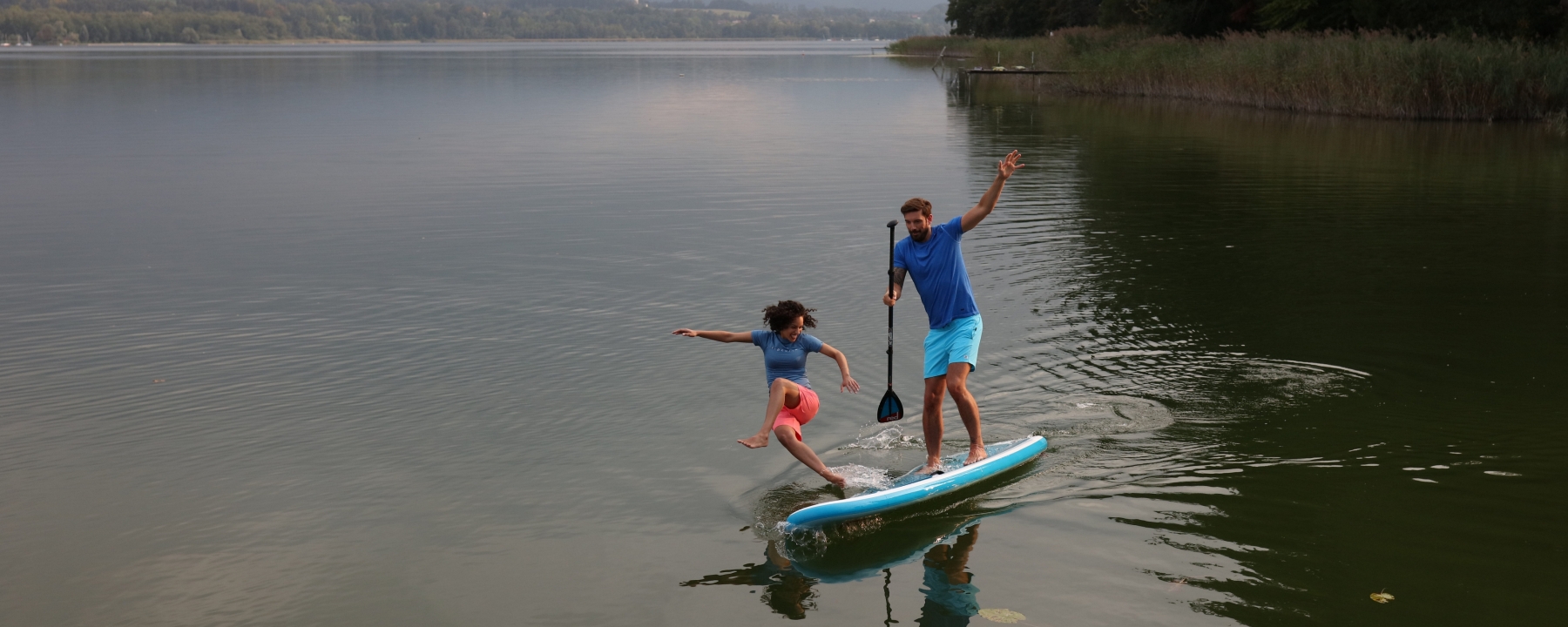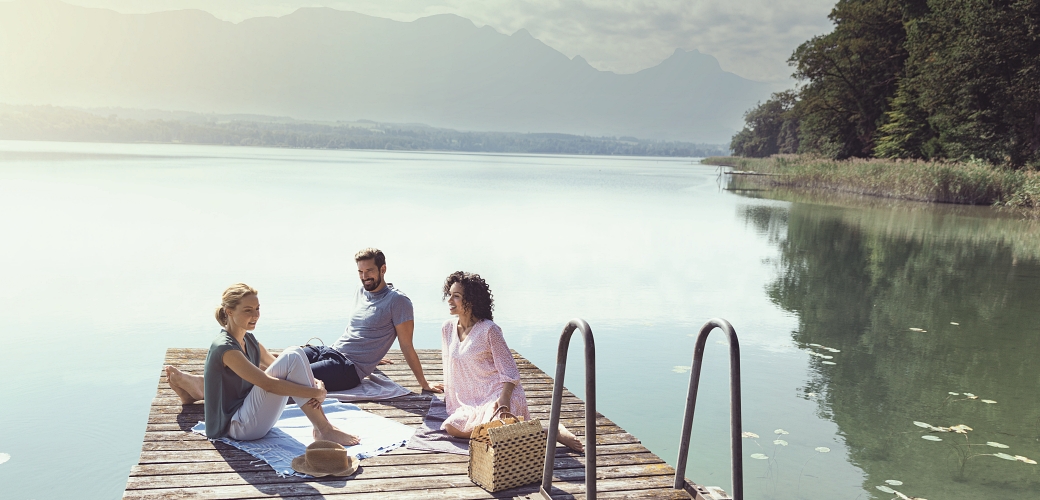
Well aging
Real and beautiful? Absolutely!
Authenticity, individuality and being genuine are the new measurements for beauty.
Current studies are saying that obsession with youth is out and anti-aging is frowned upon. Nevertheless, the cosmetics market is rapidly growing. Looking good is becoming (a) non-negotiable for more and more people. Doesn’t this seem like a contradiction? Let’s get down to the bottom of it.
A recent survey in Austria showed interesting findings. Around 70 percent of the approximately 1,000 respondents say that beauty has little to do with age. They believe that it’s more important to strive for naturalness and authenticity than for youthfulness. The older the respondents are, the more they agree. 77 percent were in the 60 plus age group and 86 percent said that older people can also be attractive.
What is interesting about this new self-confidence is that looking good, even at an older age, is very popular. And cosmetic and care products are very important when it comes to maintaining our beauty. The anti-aging trend was about slowing down and counterbalancing the signs of aging. Now, this new self-confidence is defined by separating beauty from age.
Future studies are confirming the results of consumer surveys. Trend researchers are underlining that looking good plays a huge role in our individualized society. And this is across all age groups and genders. Even though men have not been the preferred target group for cosmetic and care products, they are increasingly finding body and beauty care very important.
Traditional ideals of beauty are losing acceptance. Because beauty really has nothing to do with the supposedly best age.
What do people consider as attractive and beautiful? The traditional ideal of beauty is not accepted anymore: youthful, slim, symmetrical facial features and flawless, smooth skin. More people are creating their own, individualized concepts of beauty. They can be as different as the diverse lifestyles in our society. New "ideal looks" are showing up which are influenced by the omnipresence of the media, who are playing a significant influential role.
Social media play a particular role, especially blogs and video channels, by setting a huge stage for new influencers that differs significantly from the classic ideal of beauty. Influencers are becoming increasingly part of the mainstream while deviating from the norm and projecting self-confidence by displaying their own “flaws” or even portraying themselves with lots of flash. As an example, now there are even special cosmetics for tattoos. Authenticity, individuality and being real are the new standards for beauty.
Demographic changes are reinforcing this trend. The baby boomer’s generation (born between 1945 and 1965) and generation X (born between 1965 and 1980) are on the rise. And their lifestyles are diversifying. In future, if new cosmetics and care products only focus on fixing short-comings and flaws, the needs of many "boomers" will be ignored.
Manufacturers are keeping an eye on this development and are trying to better understand their customers as individuals. They plan on developing more exciting products that help people of all ages live according to their individual ideas of beauty and authenticity.
Interesting numbers and surveys on the topic (in German language):
Bedeutung von Schönheit in Österreich im Jahr 2016 - Statista
Personalized Face Care
Consumers at different ages have different needs and preferences from their cosmetic products.
LEARN MORE
